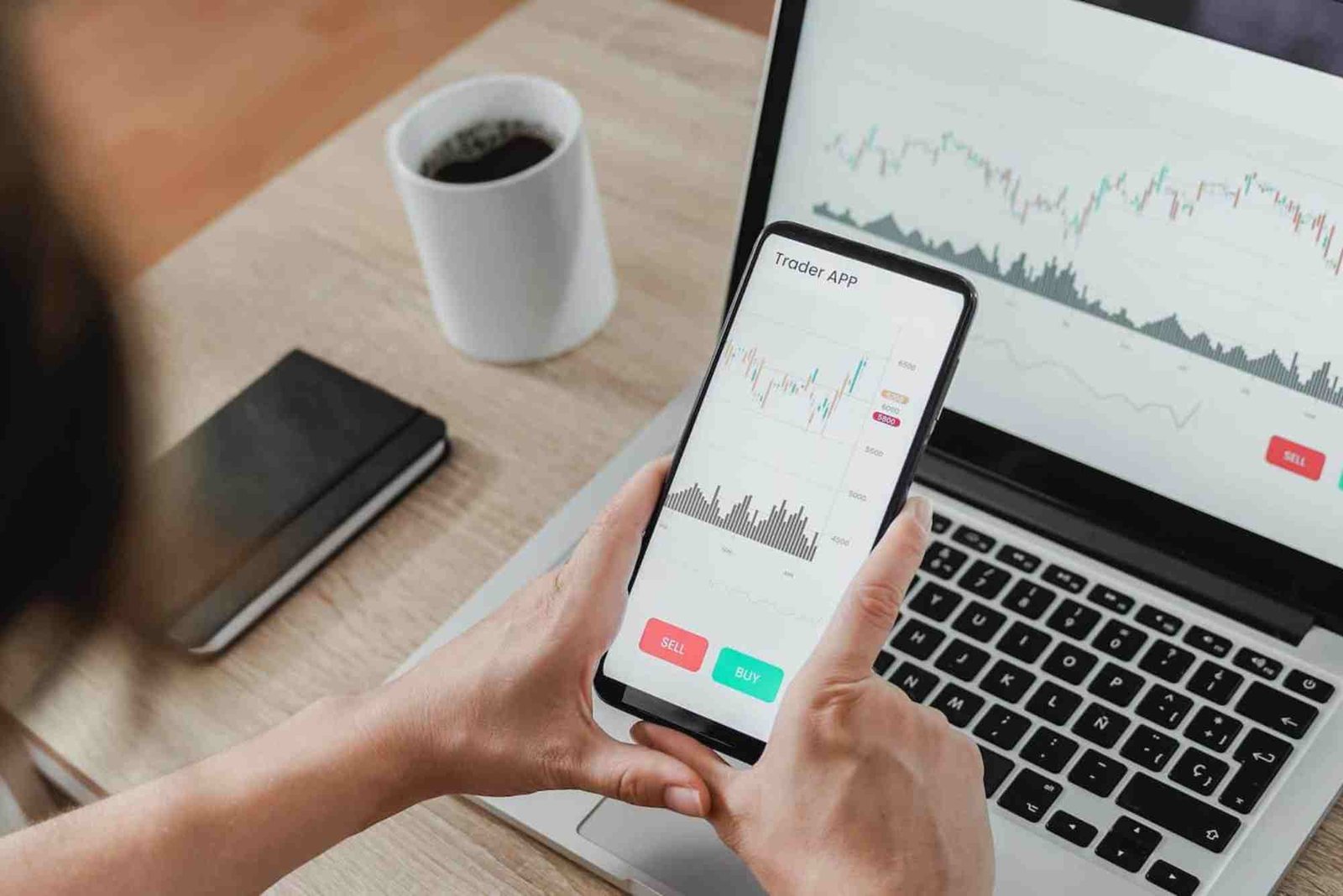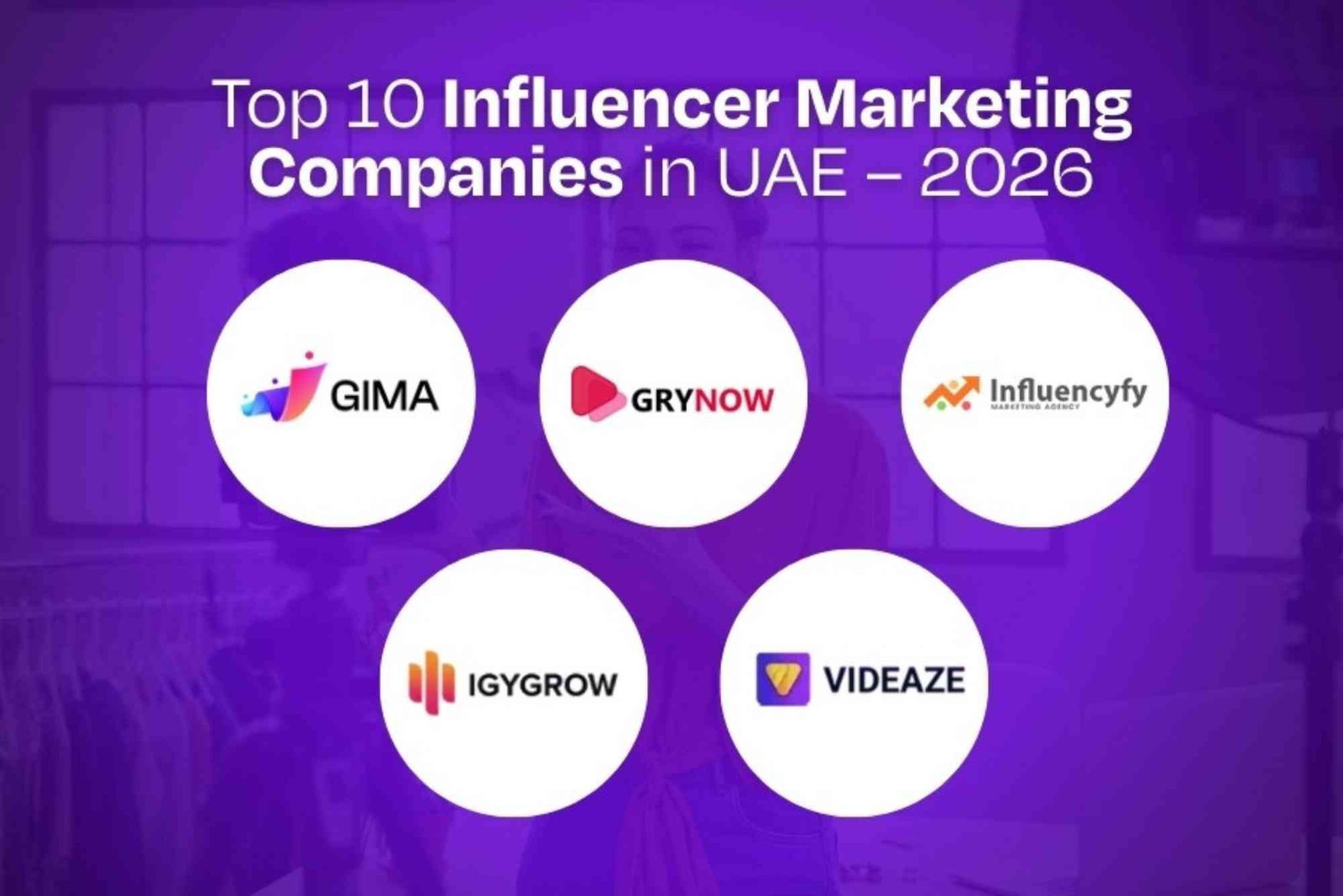Pay-per-click (PPC) advertising can be a powerful way to drive traffic, generate leads, and increase sales. However, running a PPC campaign without properly analysing its performance is like driving without a map—you won’t know if you’re heading in the right direction. This is where conversion tracking comes into play. It provides valuable insights into how your ads are performing and whether they’re delivering results.
At O2, a leading advertising agency in Dubai, we emphasize the importance of conversion tracking as a cornerstone of PPC campaign success. In this article, we’ll break down what conversion tracking is, why it matters, and how you can use it to analyse the performance of your PPC campaigns.
What is Conversion Tracking?
Conversion tracking is the process of measuring specific actions users take after interacting with your ads. These actions, known as conversions, could be anything from filling out a contact form to making a purchase or signing up for a newsletter. By tracking conversions, you can understand which ads, keywords, or strategies are driving meaningful results for your business.
In platforms like Google Ads or Facebook Ads, conversion tracking is set up by defining specific goals and adding tracking codes (pixels or tags) to your website or app. These tools then collect data every time a conversion event occurs.
Why is Conversion Tracking Important?
1. Measure ROI
Conversion tracking helps you calculate your return on investment (ROI). By knowing how many conversions you’ve achieved and the cost of each, you can determine if your campaign is profitable.
2. Optimize Campaigns
It provides insights into which ads, keywords, or targeting settings are working. This allows you to allocate your budget more effectively by focusing on high-performing areas.
3. Track Customer Behaviour
Understanding user behaviour helps you tailor your campaigns to better meet customer needs. For example, if a specific audience converts more frequently, you can refine your targeting to prioritize them.
4. Support Automated Bidding Strategies
Google Ads’ Smart Bidding strategies, like Target CPA or Maximize Conversions, rely on conversion data to optimize bids in real time.
How to Set Up Conversion Tracking
Before you can analyse your PPC campaign performance, you’ll need to set up conversion tracking. Here’s how:
1. Define Your Conversions
Start by identifying what actions you want to track. Examples include:
- Purchases
- Form submissions
- Phone calls
- Newsletter signups
- Downloads
Choose conversions that align with your business goals.
2. Install Tracking Code or Pixel
Once you’ve defined your conversions, add the tracking code to your website. Each advertising platform provides its own code:
- Google Ads uses the Global Site Tag (gtag.js).
- Facebook Ads uses the Meta Pixel.
- Other platforms like LinkedIn or Bing Ads also provide unique tracking solutions.
Make sure the code is correctly installed on the pages where conversions happen, such as a “Thank You” page after a purchase or signup.
3. Verify Your Setup
Use testing tools, like Google’s Tag Assistant or Facebook’s Pixel Helper, to ensure your tracking code is working properly.
Metrics to Focus On When Analysing PPC Campaigns
Once your conversion tracking is up and running, you’ll have access to a wealth of data. But not all metrics are created equal. Here are the key metrics to monitor:
1. Conversion Rate
This is the percentage of users who complete a desired action after clicking on your ad. It’s calculated as:
Conversion Rate = (Conversions / Clicks) x 100
A high conversion rate indicates that your ads and landing pages are effectively driving user action.
2. Cost Per Conversion (CPC)
CPC measures how much you’re spending to achieve each conversion. It’s calculated as:
CPC = Total Cost / Conversions
Monitor this metric closely to ensure your campaign remains cost-effective.
3. Return on Ad Spend (ROAS)
ROAS measures how much revenue you’re generating for every dollar spent on ads. It’s calculated as:
ROAS = Revenue / Ad Spend
A ROAS above 1.0 indicates profitability, but the ideal value depends on your industry and goals.
4. Click-Through Rate (CTR)
CTR shows the percentage of users who clicked on your ad after seeing it. While it doesn’t directly measure conversions, a low CTR could mean your ad copy or design needs improvement.
5. Bounce Rate
If your landing page has a high bounce rate, it means users are leaving without taking any action. This could indicate issues with page speed, content, or relevance.
Steps to Analyse PPC Campaign Performance Using Conversion Tracking
1. Track Performance by Campaign
Start by analysing each campaign’s performance. Look at metrics like conversion rate and cost per conversion to identify which campaigns are delivering the best results.
For example, if your e-commerce campaign targeting Abu Dhabi shows a lower CPC compared to campaigns targeting other regions, it might make sense to allocate more budget to it.
2. Evaluate Ad Group Performance
Drill down into your ad groups to see which ones are driving the most conversions. For instance, a specific product category might be performing better than others, indicating where you should focus your efforts.
3. Analyse Keyword Performance
If you’re running a search campaign, keywords are a critical component. Use conversion data to:
- Identify high-performing keywords that drive the most conversions.
- Pause or refine low-performing keywords.
- Discover new opportunities with search terms that have high conversion potential.
4. Assess Device Performance
Conversion tracking lets you compare performance across devices (desktop, mobile, tablet). If mobile users are converting at a higher rate, ensure your landing page is optimized for mobile to maximize results.
5. Use Demographic Insights
Many platforms provide demographic data, such as age, gender, and location. Analyze this data to refine your targeting and improve ad relevance.
Common Mistakes to Avoid
While conversion tracking is powerful, mistakes can skew your data or lead to inaccurate conclusions. Here are some pitfalls to avoid:
1. Not Setting Up Conversion Tracking Properly
If your tracking code isn’t installed correctly, your data won’t be accurate. Double-check your setup and test it thoroughly.
2. Focusing on Vanity Metrics
Metrics like impressions and clicks are useful but don’t always indicate success. Prioritize metrics tied directly to conversions and ROI.
3. Ignoring Attribution Models
By default, many platforms use last-click attribution, which gives full credit to the last interaction before a conversion. Experiment with different attribution models to get a clearer picture of your customer journey.
4. Not Adjusting for Seasonal Trends
Some campaigns perform better during specific times of the year. If you’re running a PPC campaign in Dubai, events like Ramadan or Expo season might influence your results.
How O2, a Leading Advertising Agency in Dubai, Can Help
At O2, a leading advertising agency in Dubai, we specialize in setting up, managing, and optimizing PPC campaigns with a focus on conversion tracking. From installing tracking pixels to analysing campaign performance, we ensure that your ads deliver measurable results.
Our team has extensive experience in industries ranging from retail to real estate, helping businesses achieve their advertising goals efficiently. Whether you’re new to PPC or looking to refine your existing campaigns, we’re here to support you.
Conclusion
Conversion tracking is the backbone of any successful PPC campaign. By measuring and analysing user actions, you gain valuable insights into what’s working and where improvements are needed. From tracking key metrics like conversion rate and ROAS to fine-tuning campaigns based on data, conversion tracking empowers you to make informed decisions and maximize your ad spend.
Remember, the key to effective campaign performance analysis is a combination of accurate tracking, regular monitoring, and strategic adjustments. If you’re looking for expert help to set up and analyse conversion tracking, reach out to O2, a leading advertising agency in Dubai. Together, we can take your PPC campaigns to the next level and achieve measurable success.










